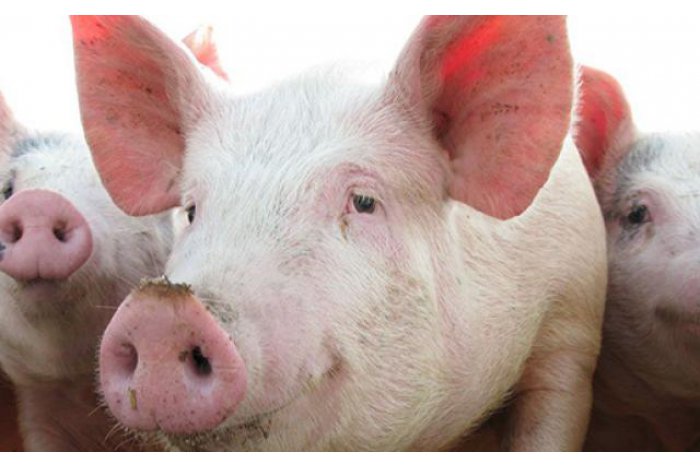Outbreak of African swine fever confirmed in south – eastern district of Moldova
16:42 | 02.03.2018 Category: Social
Chisinau, 02 March /MOLDPRES/ – An outbreak of African swine fever was confirmed in a household in Ursoaia village, Causeni district. The results were established by the Republican Centre for Veterinary Diagnosis (CRDV).
According to the ANSA’s information and media communication service, eight infected pigs were sacrificed and bodies were destroyed by incineration.
The specialists disinfected the household, pigs, alleys, perimeters, utensils and potentially contaminated objects. Also, it was established protection and surveillance area around the outbreak. According to authorities, the transport of domestic swine and products derived from them will be prohibited in the locality.
Interviewed by agency, Director of ANSA, Gheorghe Gaberi, said that after CRDV confirmed the outbreak, ANSA notified national and EU structures as well as the World Animal Health Organisation (WAHO) about outbreak of African swine on the territory of Moldova. "According to info from the territory, households bought meat for barbecue. Once it was prepared, the debris was thrown to pigs, which caused the animals to become infected," said Gaberi.
At his turn, head of ANSA press service, Constantin Rotaru, told agency that infection came from Ukraine. "This is the first outbreak of swine fever in 2018. In 2017, there were recorded several outbreaks in Stefan Voda, Soroca, Edinet, Donduseni and Hincesti districts," said Rotaru.
African swine fever (PPA) is a dangerous disease without treatment or vaccine currently affecting domestic and wild swine. The PPA virus is transmitted through direct contact between animals or indirectly by feeding animals with leaves containing meat or by – products from infected animals, insects fed from infected animals or even utensils, clothing, contaminated feed. The PPA virus survives for 06 – 10 days in faeces of infected animals, up to 03 – 06 months in thermally untreated pork products and for many years in frozen pork. The mortality of infected animals is 100 per cent.
(Reporter A. Ciobanu, editor L. Alcaza)

